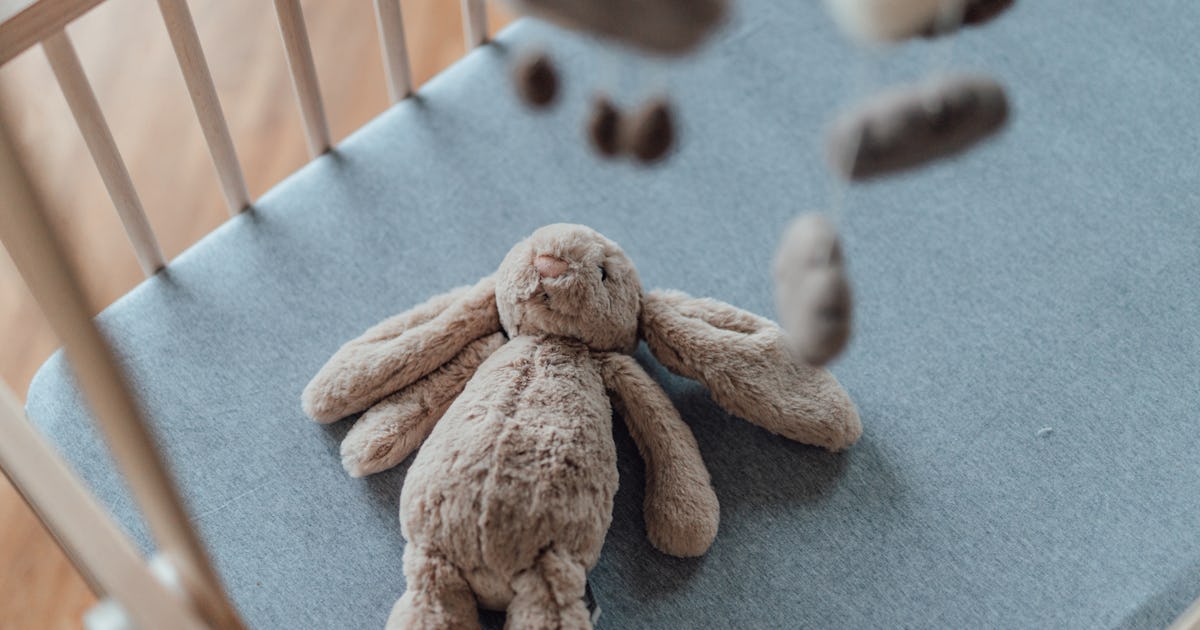
"Look, of course Iknow that stuffed animals are nothing but fluff and fabric, buttons and stitching. I mean, I'm a grown-up (arguably), with grown-up kids of my own. But just between you and me, is it really such a huge leap to look at, say, a well-loved teddy bear and ask: I wonder what he's feeling? Maybe that's the fiction writer in me at work. Maybe it's my sentimental inner child. Or maybe it's those eyes, those beady, buttony, googly eyes."
"Personally, I actually don't sleep with stuffies, but that may be because I already share a bed with two dogs and a husband (three out of the four of us snore, just for the record) and the real estate is limited. But I've seen first-hand that a special stuffed animal - a "transition object," as psychologists would say - can be life-changing."
Stuffed animals elicit caregiving responses through visual cues such as buttony or beady eyes that invite projection and empathy. Plush toys act as transition objects for adults, offering comfort, emotional regulation, and stress relief beyond childhood. Scientific findings indicate therapeutic benefits of comfort objects across ages, validating their use for consolation and coping. Adults may keep special stuffed animals for sleep, nostalgia, or symbolic companionship even when sharing space with partners or pets. Well-loved plushies can produce meaningful psychological effects and serve as accessible tools for mental well-being.
Read at Scary Mommy
Unable to calculate read time
Collection
[
|
...
]